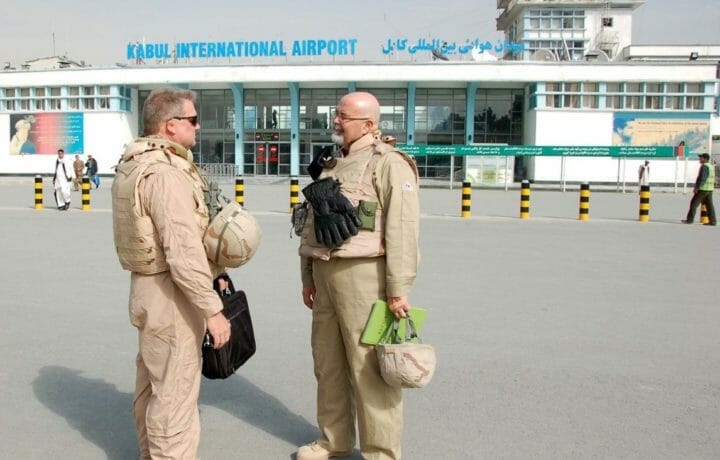Anyone who flew into Kabul on commercial air carriers in 2002 remembers their bags being tossed out of the jet cargo-hold to the ground and then the pile being transported to the terminal. With no working conveyer belts, that pile of luggage was recreated, and then passengers climbed amongst the bags to hopefully find their clothes. That is a scene no one wants to see recreated as the military forces that have been assisting with Afghan airports depart. More importantly, nobody will benefit from an increase in security breaches or air mishaps in the coming years.
Keeping Connections Keeps Hope Alive
The current air transport system works fairly well, online ticket purchases, on-time flights, low-accident rate, and connections to numerous major airports. The announcement that Turkey has committed to its NATO partners that they will retain personnel in Kabul should ensure the capital’s air-hub does not decline in capability. Turkey and Afghanistan have recently celebrated 100 years of diplomatic relations, and Turkey as one of the original 2001 NATO nations in Kabul, has been providing security and expertise for many years for the Airport.
This is a critical event for many nations involved in Afghanistan. In order for diplomats, aid/development personnel, and humanitarians to continue to operate in the country they must have safe and constant air transport. There cannot be a return to the pre-NATO era, or there may be a further reduction in embassy personnel and fewer business travelers.
Turkish citizens can already book their 4 hour and 40-minute flights from Istanbul to Kabul on Turkish Airlines. This will further ensure the continued connections between the two nations. Turkish Airlines is one of a nearly a dozen major regional and international carriers already using Hamid Karzai International Airport. Others include Air Arabia, Air India, Emirates, Kuwait Airways, Iran Air, Pakistan International Airlines, Ariana Afghan Airlines, Kam Air, and SpiceJet. This allows rapid connections with places like Abu Dhabi, Dubai, Delhi, Moscow, Tehran, Kuwait, and Islamabad.
Details Still Shaking OUt for Future
Turkey has agreed to this continued partnership in Afghanistan with their NATO partners in exchange for $130 million. The details haven’t fully emerged yet as to the length of time this partnership covers, or the extent to which Turkey will control the airport. Hamid Karzai International Airport will likely need assistance with both external/internal security and air traffic control. Afghanistan’s Civil Aviation Authority has been honest in their assessments of their capability to safely and efficiently run the air system without assistance this year.
Rangin Dadfar Spanta, a former national security adviser to the Afghan president believes it will take at least 4 more years to build the human capacity and the financial capability for Afghans to fully control their airports and airspace. At this moment as tense diplomacy is taking place about the future governance of Afghanistan, it is important that diplomats and other embassy officials feel safe traveling in and out of Kabul airspace. This is a strong signal to the Afghan people that as the military forces withdraw, the nations of NATO and from the Coalition will be finding ways to continue their engagement in the nation.




